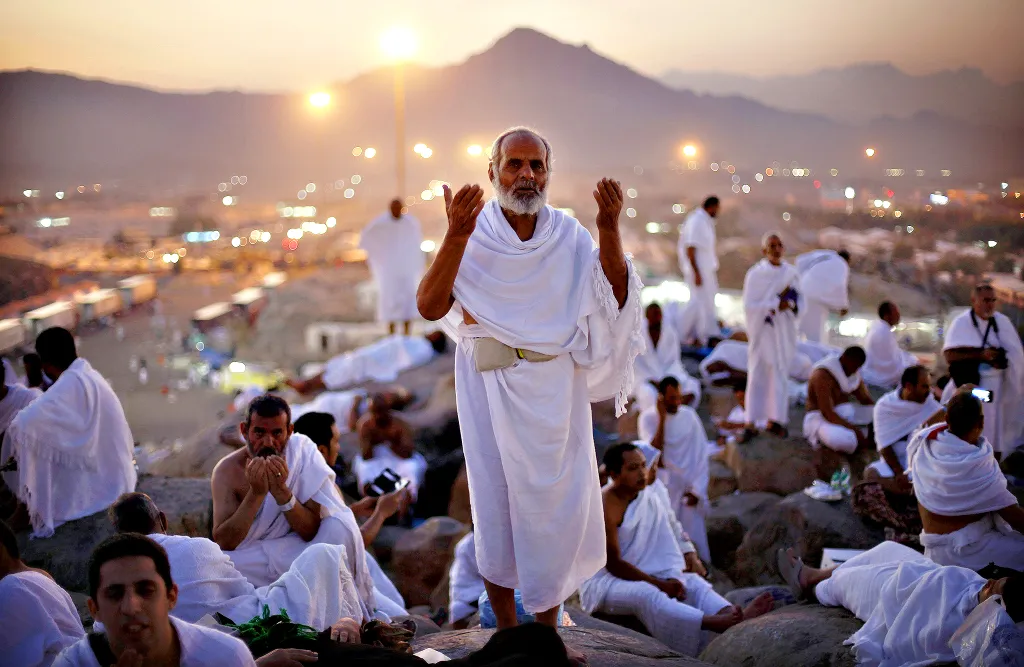Hajj, the fifth pillar of Islam, is a sacred pilgrimage to Makkah that every able-bodied Muslim must perform at least once in their lifetime. However, certain situations and Special Circumstances in Hajj Like such as health conditions, age, financial constraints, or unexpected events—may require special considerations. This article explores the rulings and accommodations for pilgrims facing unique circumstances during Hajj.
1. Health Conditions and Disabilities
Pilgrims with chronic illnesses, disabilities, or temporary injuries may find performing Hajj physically demanding. Islam provides flexibility to accommodate such individuals:
- Use of Wheelchairs and Mobility Aids: Permitted, and many Hajj organizers provide assistance.
- Proxy Hajj (Hajj Badal): If someone is permanently unable to perform Hajj due to severe illness, they may appoint someone to perform it on their behalf.
- Exemption from Certain Rituals: Those unable to stand for long periods during Wuquf (standing at Arafat) or perform Sa’i (walking between Safa and Marwa) may be excused or use alternative methods.
2. Elderly Pilgrims
Aging pilgrims may struggle with the physical demands of Hajj. Islamic rulings offer concessions:
- Shortening or Combining Prayers: To reduce physical strain.
- Avoiding Crowds: Performing rituals during less congested times.
- Assistance from Mahram or Caregivers: Elderly women must be accompanied by a Mahram (male guardian), but if unavailable, some scholars permit group travel with trustworthy companions.
3. Financial Constraints
Hajj is obligatory only for those who can afford it. If financial hardship arises:
- Delaying Hajj: Permissible until one is financially stable.
- Seeking Sponsorship: Some Islamic charities sponsor pilgrims in need.
- Performing Umrah First: A less expensive alternative if Hajj isn’t feasible immediately.
4. Women-Specific Circumstances
- Menstruation or Postpartum Bleeding: Women in this state cannot perform Tawaf but may complete other rituals. They must perform Tawaf al-Ifadah after purification.
- Pregnancy: Pregnant women should consult doctors before Hajj due to physical risks. They may delay Hajj if there are health concerns.
- Traveling Without a Mahram: Traditionally, a Mahram is required, but some scholars allow women to travel in safe, organized groups if necessary.
5. Unexpected Events during Hajj
- Lost Pilgrims: Authorities provide help desks and identification bracelets. Pilgrims should memorize their group details.
- Natural Disasters or Pandemics: In cases like COVID-19, Hajj may be restricted. Scholars agree that safety takes precedence.
- Death during Hajj: If a pilgrim passes away, their Hajj is considered complete, and burial is performed in Makah or Mina.
Majority of the Muslim from United Arab Emirates get Umrah package By Bus from Sharjah and Umrah package By Air from Sharjah to come fast in Makkah and Madinah Saudi Arabia.
